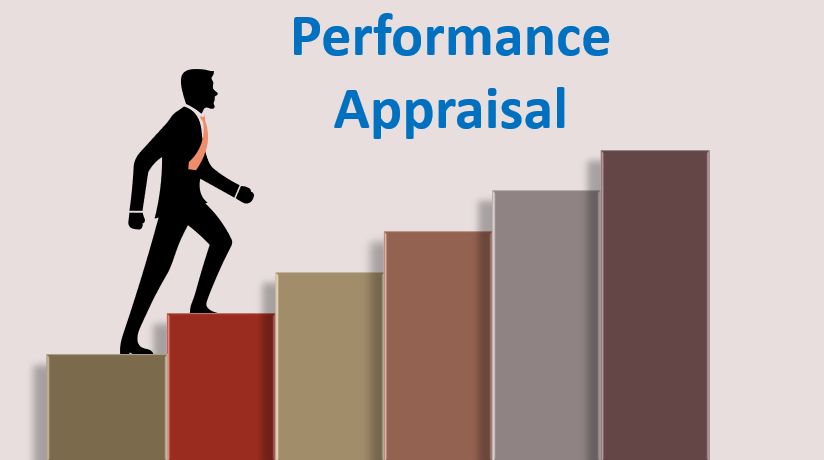What is perfomance appraisal?
A performance appraisal is a systematic and periodic process of measuring an individual employee’s work performance against the established requirements of the job. It is a subjective evaluation of the employee’s strengths and weaknesses, relative worth to the organization, and future development potential.
Performance appraisals are also called performance evaluations, performance reviews, development discussions, or employee appraisals.
The purpose of a performance appraisal is to provide feedback and recognition to employees, identify areas for improvement and development, align employee goals with organizational objectives, and inform decisions on compensation, promotion, retention, and termination.
There are different types and methods of performance appraisal, such as:
The 360-degree appraisal: The manager gathers information on the employee’s performance from supervisors, co-workers, group members, and self-assessment.
The negotiated appraisal: A mediator helps evaluate the employee’s performance, with a greater emphasis on the positive aspects.
The peer assessment: The team members, workgroup, and co-workers rate the employee’s performance.
The self-assessment: The employees rate themselves in categories such as work behavior, attitude, and job performance.
Performance appraisal best practices include:
Reviewing the past goals and key performance indicators (KPIs) of the employee and comparing them with the actual results.
Providing constructive feedback and recognition to the employee based on their strengths, weaknesses, achievements, and areas for improvement.
Setting new goals and expectations for the employee that are specific, measurable, achievable, relevant, and time-bound (SMART).
Discussing the employee’s career development plan and offering learning and growth opportunities.
Soliciting feedback from the employee on their satisfaction, motivation, challenges, and suggestions.
Some tips for conducting an effective performance appraisal are:
Prepare well in advance by reviewing the employee’s work history, performance data, feedback from others, and self-evaluation.
Schedule the appraisal meeting at a convenient time and place for both parties and avoid interruptions.
Use a positive and respectful tone and avoid personal biases or judgments.
Focus on facts and behaviors rather than traits or personalities.
Give specific examples and evidence to support your feedback.
Encourage dialogue and listen actively to the employee’s perspective and concerns.
Provide clear and actionable suggestions for improvement and development.
Agree on the next steps and follow up regularly on the progress.
Performance appraisal is a human resource management (HRM) process that enables the MNC to evaluate and continuously improve individual, subsidiary unit and corporate performance against clearly defined, preset objectives that are directly linked to international strategy.
Performance appraisal is important for MNCs for the following reasons:
It helps align the goals and expectations of the headquarters and the subsidiaries.
It facilitates the transfer of knowledge and best practices across the MNC.
It supports the development and retention of global talent.
It provides feedback and recognition to employees working in different cultural and institutional contexts.
However, performance appraisal also faces some challenges in MNCs, such as:
The diversity and complexity of the MNC’s environment and operations.
The potential conflicts and biases between the home and host country perspectives.
The adaptation and standardization of the performance appraisal system across different subsidiaries.
The integration of the performance appraisal with other HRM practices, such as compensation, training, and career development.
Some studies have suggested that performance appraisal in MNCs is influenced by various factors, such as:
The emphasis given to the bottom line, the relationship with the supervisor and the effect of the multinational’s parent strategy, structure and nationality.
The type of performance appraisal method used, such as 360-degree feedback, negotiated appraisal, peer assessment, or self-assessment.
The type of capitalist archetype of the host country, such as liberal market economies (LMEs), coordinated market economies (CECs), state-directed economies (SDEs), emerging market economies (EMEs), or mixed market economies (MMEs).
Next Innovation Asia


